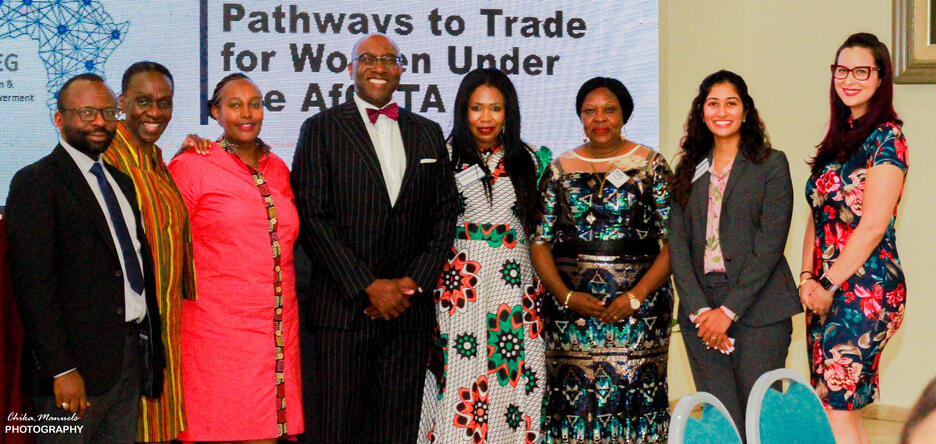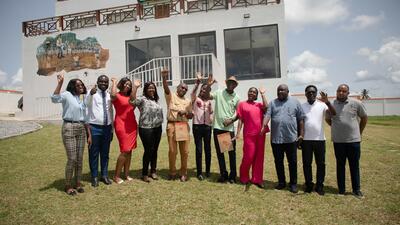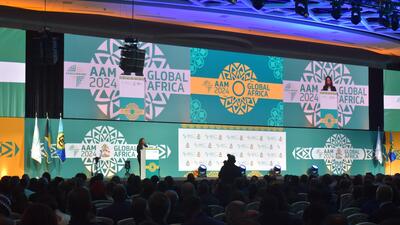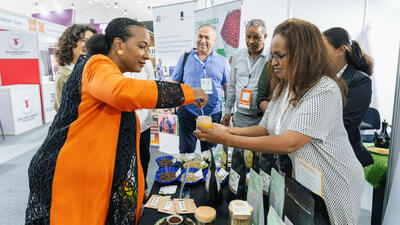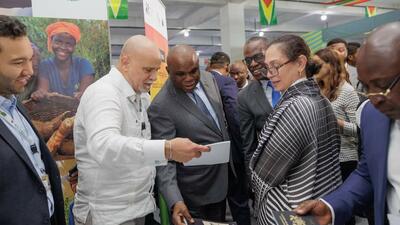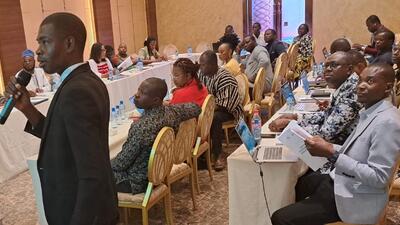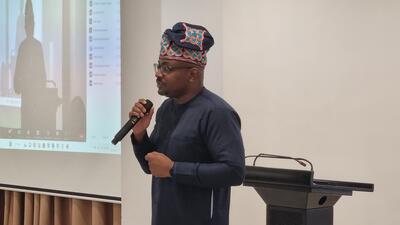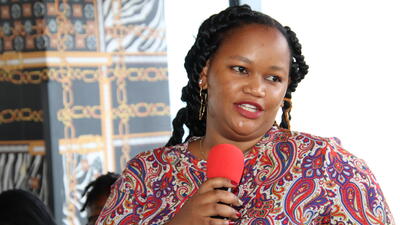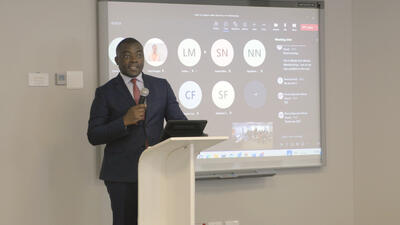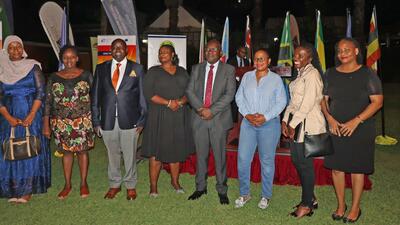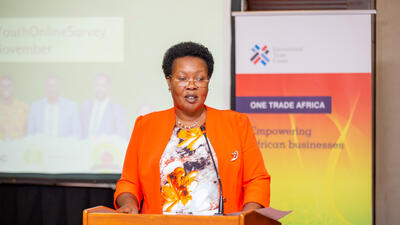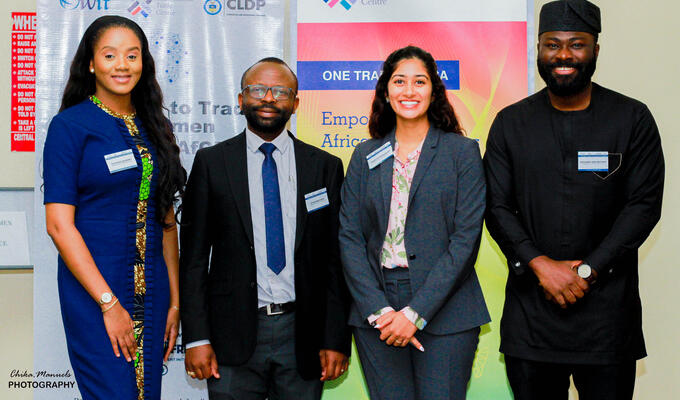
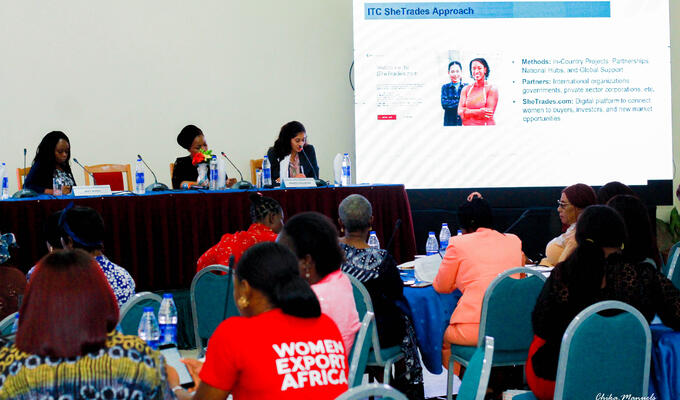
How African women stand to benefit from the continental free trade area
As the continent implements the free trade Agreement, women are learning how their businesses can thrive by doing more business in their region and beyond.
Small businesses led by women account for more than half of Africa’s economy, but they still need support to harness the potential of a continent-wide free trade area.
Harmonizing trade policies, educating businesses about free trade, and offering low-interest finance to African women were among the key recommendations that emerged from a precursory workshop ahead of the Africa Women in Trade Conference in Abuja, Nigeria.
“When women have access to information, they become more influential and are better placed to create sustainable impact in their communities, countries and continent,” said Frida Owinga, president of the Organization of Women in International Trade.
Her organization hosted the workshop. The workshop was run along with the International Trade Centre and the US Commercial Law Development Program.
The Africa Continental Free Trade Area (AfCFTA) took effect in January 2021. The workshop, dubbed “Pathways to Trade for Women Under the AfCFTA”, discussed the need for more outreach to small businesses so that they understand which goods and services can benefit from the free trade area.
“Small businesses run by women account for close to 60 percent of Africa's gross domestic product,” said Aissatou Diallo, ITC’s senior AfCFTA coordinator. “Through our One Trade Africa programme, we are placing a strong focus on enterprises led by women.”
ITC introduced participants to SheTrades Outlook, a toolkit that provides policymakers and businesses with step-by-step advice on mainstreaming gender concerns into their work.
“It is imperative that the voices of women and youth be heard and reflected in policies meant to facilitate their success in trade,” said Nnamdi Ezera, senior counsel at the Commercial Law Development Program.
The AfCFTA Secretariat is developing a protocol on women- and youth-led businesses, which will lead to binding commitments for member states. Representatives from Nigeria, Kenya, Mali and Guinea shared their encouraging experiences with incorporating gender into their trade strategies.
More than 50 people attended the hybrid conference, which looked at implementation of the protocols on tariff liberalisation, standards and trade in services.
About One Trade Africa
One Trade Africa works to enable, empower and enhance African MSMEs, women and youth entrepreneurs to access new transformative business opportunities created by the AfCFTA. The programme embraces a three-pronged delivery model which supports African MSMEs to compete, connect and change at the enterprise, business ecosystem and policy levels. ITC provides African MSMEs with training, advice and coaching to build capacities, connect to new and more lucrative markets, and create jobs.
About the Commercial Law Development Program
The Commercial Law Development Program (CLDP) is a division of the U.S. Department of Commerce that provides government-to-government legal framework technical assistance to improve countries' ability to meet international and bilateral trade obligations and regulations that lead to economic growth.
About the Organization of Women in International Trade
The Organization of Women in International Trade (OWIT) is the global umbrella organization for chapters independently established in a specific geographic region. OWIT Chapters are formed, governed, and operated at the local level. OWIT chapters host programs and events enabling their members to learn, network and forge professional relationships in their business communities.




